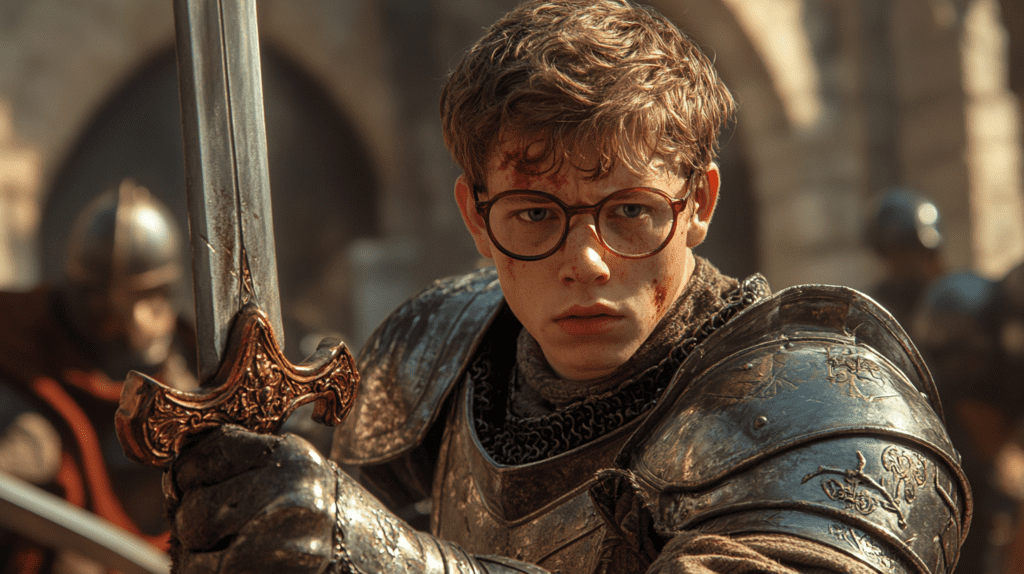Aaron Rodgers, Eric Dickerson, and Brett Favre didn’t just walk away from their teams — they made it loud and very public. From cryptic interviews to dragged-out standoffs and bold refusals to suit up, each of these NFL stars turned personal frustration into franchise-shifting drama. Their complaints may have rubbed some fans wrong, but their exits told a bigger story about control, respect, and legacy in a league that doesn’t always favor the player.
These weren’t just moments of frustration; they were turning points that forced the NFL to reckon with its power dynamics. In a sport where players are expected to “put the team first,” these three didn’t just speak up — they forced the conversation.
Their departures served as a reminder that even icons can be pushed too far when the system stops working for them.
Control Clashes with Legacy
Aaron Rodgers had one of the most high-profile standoffs in recent NFL memory. For years, he was the heart of the Green Bay Packers — a Super Bowl champion, four-time MVP, and perennial contender. Yet behind the scenes, tensions with the front office were quietly building. Rodgers didn’t just want to play; he wanted influence in personnel decisions, team direction, and overall philosophy.
When that influence didn’t materialize, he made it known through:
- Cryptic interviews and media appearances
- Skipping key offseason activities
- Applying pressure without directly issuing ultimatums
Eventually, the Packers were forced to choose between their aging star and their future. This wasn’t about a single bad season. It was about autonomy. Rodgers believed he had earned a voice, not just a jersey, and he wasn’t afraid to speak up.
Read More: 15 NFL Stars Who Complained Their Way Out of a Team
When Numbers Aren’t Enough
Eric Dickerson was a statistical powerhouse. He racked up over 13,000 rushing yards, made five Pro Bowls, and still holds the NFL’s single-season rushing record. Those numbers should have cemented his legacy in Los Angeles, but didn’t guarantee satisfaction.
For Dickerson, the issue was never performance. It was pay. Despite being the Rams’ marquee name, he felt short-changed and undervalued. Instead of staying quiet, he:
- Publicly disputed contracts
- Held out of games
- Made his frustration known to fans and management alike
Eventually, the Rams gave in and shipped him off to the Colts in a blockbuster trade. Dickerson’s walkout wasn’t about money alone. It was about principle and self-worth — a stand in a league that often took running backs for granted.
The Will He or Won’t He Era
Brett Favre’s final seasons with the Packers played out like an NFL cliffhanger. Every offseason came with the same question: Would he retire or return? The front office waited, the fans waited — and eventually, the team decided it had waited long enough.
When Green Bay drafted Aaron Rodgers, they sent a signal. Favre, unhappy with the change, unretired, got traded to the Jets, and later signed with the rival Minnesota Vikings, a move that lit a firestorm in the NFC North.
His exit was filled with:
- Emotionally charged interviews
- Press leaks and drama
- A sense of personal betrayal on both sides
Favre’s story wasn’t about indecision. It was about control slipping away — and a legendary quarterback fighting to reclaim it, even if it meant burning bridges.
Read More: 10 Pro Athletes Who Shockingly Walked Away at Their Peak
When NFL Stars Push Back
Rodgers, Dickerson, and Favre each told a version of the same story: when you’re a star, you don’t have to suffer in silence. Their public exits were more than personal statements — they were challenges to the status quo.
Whether you see them as justified or not, these three proved one thing: when NFL legends say enough is enough, the league listens.






